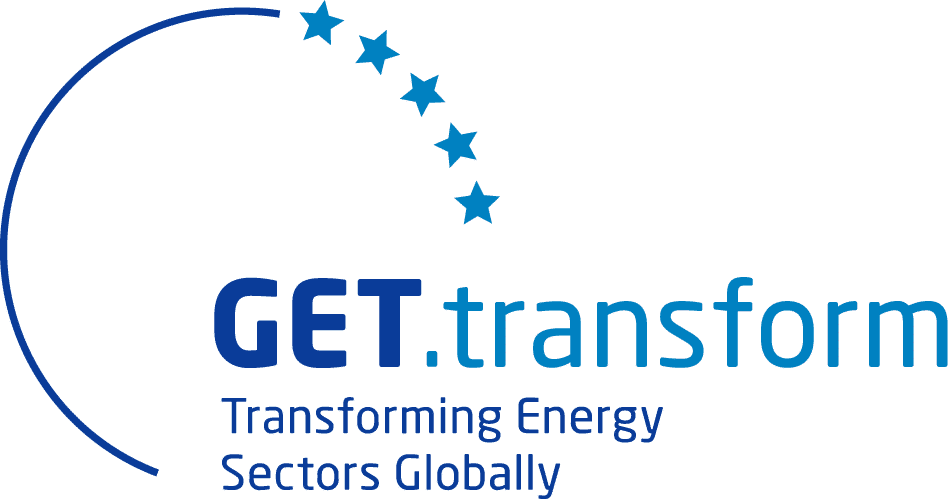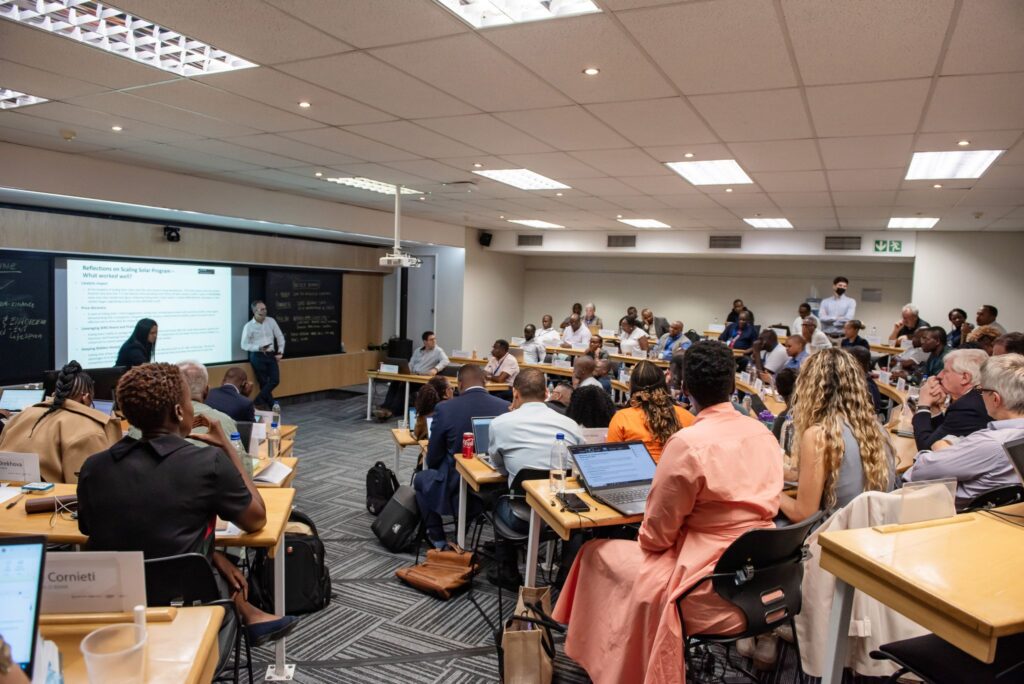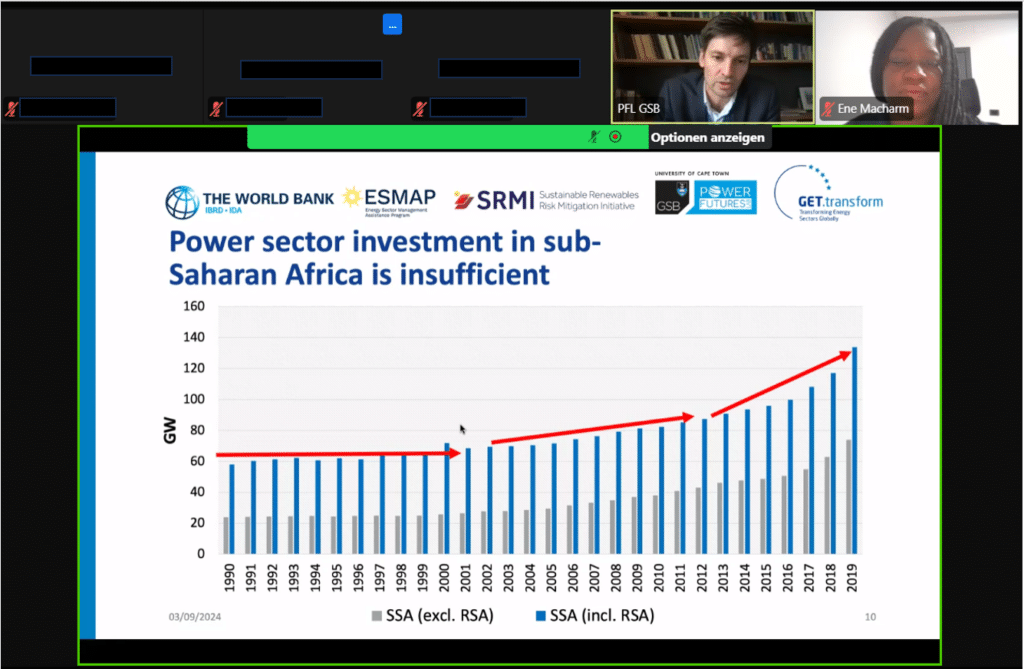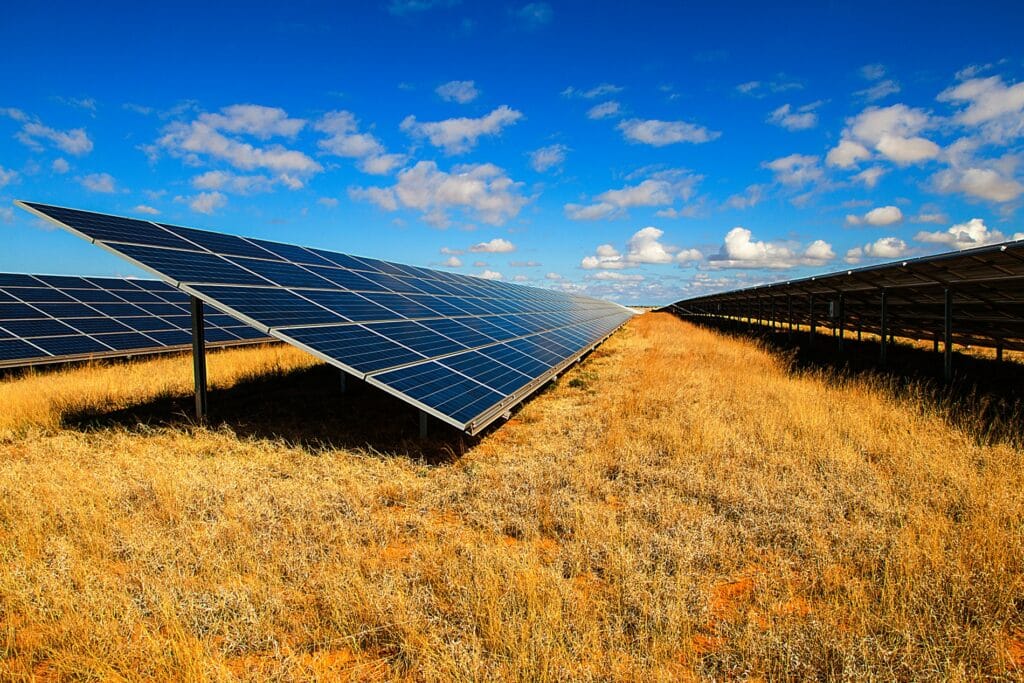Africa’s clean energy potential remains largely untapped despite decreasing technology cost and abundant natural renewable resources. Greater private sector involvement is needed to unlock new levels of finance on the continent and enable the development of more renewable energy projects at small and large scale.
Independent Power Producers (IPPs), renewable energy projects constructed and managed by the private sector, have emerged as a principal avenue for investment in Africa’s electricity sector, and auctions as a promising way to procure them. If designed effectively, renewable energy tenders cannot only help to accelerate the roll-out of IPPs but also foster competition and improve project implementation rates.
A new Policy Catalyst support window is therefore dedicated to enhancing IPP procurement capabilities in Sub-Saharan Africa. The Policy Catalyst is an initiative by GET.transform and implementation partners to provide integrated capacity building and technical assistance on vital regulatory building blocks. The “Effective Renewable Energy Tendering” window builds on the findings from the eponymous report and was jointly developed by GET.transform, the Power Futures Lab, the Sustainable Risk Mitigation Initiative (SRMI) of the World Bank’s ESMAP programme and IRENA. It also draws on the expertise of GET.transform’s sister programme GET.invest. The window offers support to officials from finance and energy ministries, public utilities and energy regulators.
Twelve countries from Sub-Saharan Africa are participating in the programme: Botswana, Eswatini, Ethiopia, Kenya, Lesotho, Liberia, Malawi, Mozambique, Namibia, The Gambia, Uganda, and Zimbabwe. The Effective Renewable Energy Tendering Window will
- strengthen your institutional capabilities to attract private investment for bankable renewable energy projects
- include study tours to enable peer learning and tailored capacity building for renewable energy tendering
- leverage professional training from the Power Future’s Lab including certification upon completion
- include options for dedicated technical support in setting up effective tender mechanisms
By participating, the energy sector representatives are set to play a pivotal role in fostering development and shaping a sustainable future for their communities and beyond.







